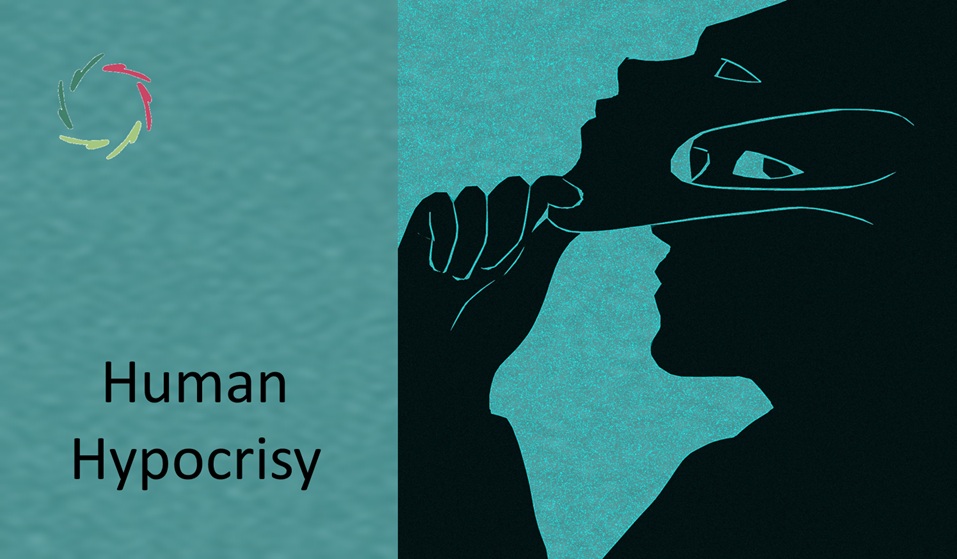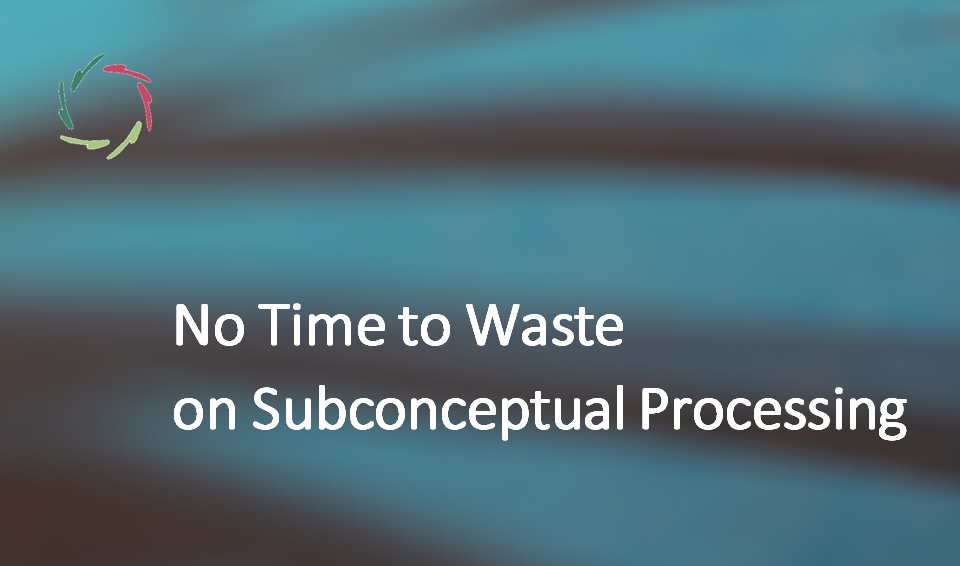From Inner Dissociation to Many Why’s

The COVID era reminded me that most people usually do not profoundly look at themselves even though it’s what they would profoundly want.
Why such a seeming contradiction?
The religions-exercise
Around 80% of people on the planet believe in a conceptual religious phenomenon — for instance, some God with a name or a face or a location, or who did something concrete for some concrete reason. As a result, there are many conceptually contradictory beliefs.
If you are of the 20%, what are the why’s of the 80%?
If you are of the 80%, why do most people on the planet believe something you contradict, and see this as an essential part of their lives?
I’m sorry if it’s a challenging exercise.
Nevertheless, it’s an interesting one. Please take some time for it.
This is not about trying to turn you from a believer right into a non-believer. That would be a bad thing to do. This is about the essence of the exercise.
Now think even more of ‘them’ without feeling yourself involved.
Whether you are a believer or not, from now on, it’s about them ― they ― those people: either 80% or somewhere between 60% and 80% of the global population.
Of these, it is clear that ALL of them do something noteworthy but which, at the same time, isn’t correct.
Why do they act this way?
May there be one why or many why’s for their behavior?
The above is just an exercise, showing that very many people can have a different view about something as fundamental as religion.
This text is about something even more fundamental: Why do most (almost all) people not see who is looking when they are looking — namely, themselves as total persons? In other words, why is there a basic cognitive illusion with so many detrimental results?
One why or many
Is there one overarching why behind the many (not knowing, not daring, not wanting) that form a messy cluster of why’s?
In this, I come to a unitary underlying why: Inner Dissociation.
The real challenge is that this has many different consequences.
For instance, historically, it has led to many separate sociocultural elements that form one’s life in multiple ways — many why’s, making it challenging to start tackling them. It’s everywhere.
Also, it’s not only about any one person, of course. Many people in each one’s immediate and broad environment work together in the same direction, forming a cultural flow underneath.
Even so, it’s urgent to see a global fundamental change.
Technological progress makes it urgent because it increasingly allows us to do what we have always done wrong, only much more effectively and efficiently.
In this respect, A.I. forms the most significant threat ― and it has barely begun. Sadly, from the same blindness, most people don’t see this or run away from it into an A.I.-phobic reaction which is very much like any other phobia. Nor the one nor the other is the way to go. Meanwhile, many anxious people make an anxious society.
I would like to end on a positive note.
Hopefully, the future will bring one. If so, it will come from the inside out.
Compassionate A.I. may help in this, or even be necessary.


